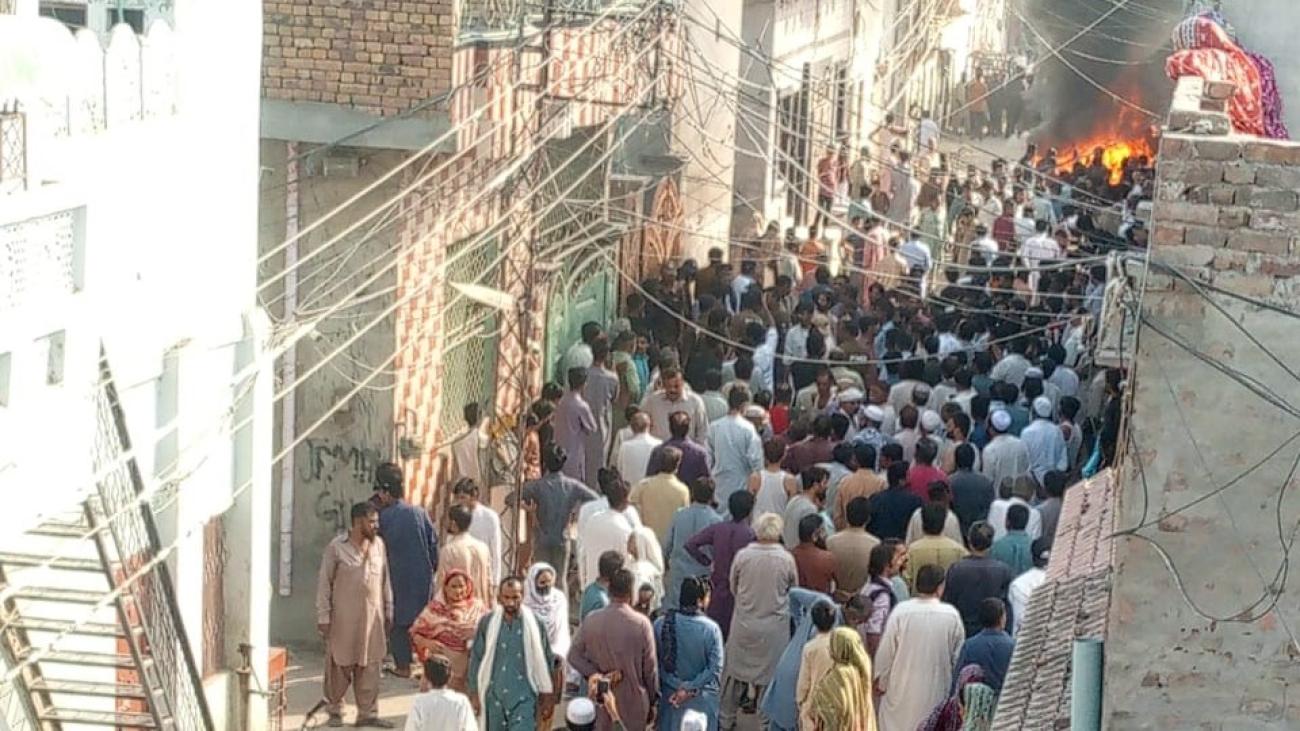Christian Conference of Asia condemns the brutal violence against Christians and churches in Sargodha, Pakistan

Chiang Mai, Thailand: The General Secretary of the Christian Conference of Asia (CCA), Dr Mathews George Chunakara, in a letter addressed to the President of Pakistan to take necessary actions against all those who are orchestrating violence against Christians in Pakistan, and urged the government to take necessary measures to provide safety and security to the Christian minority in Pakistan.
The recent violence struck against Christians in Sargodha that lead to the brutal lynching and killing of Nazir Masih, a Christian labourer and the subsequent destruction of churches, homes, and businesses owned by the local Christian community.
As the violence increased, families were forced to escape from the area in panic. Churches were set on fire and Christian properties were looted.
Christians in Pakistan are one of the most persecuted communities in the world. Because of their beliefs, they have been discriminated in the workplaces, threaten to convert forcefully, unfounded claims of blasphemy.
In the letter to the President of Pakistan, the CCA General Secretary expressed concern that the blasphemy laws in Pakistan being weaponized against Pakistan's minority communities.










